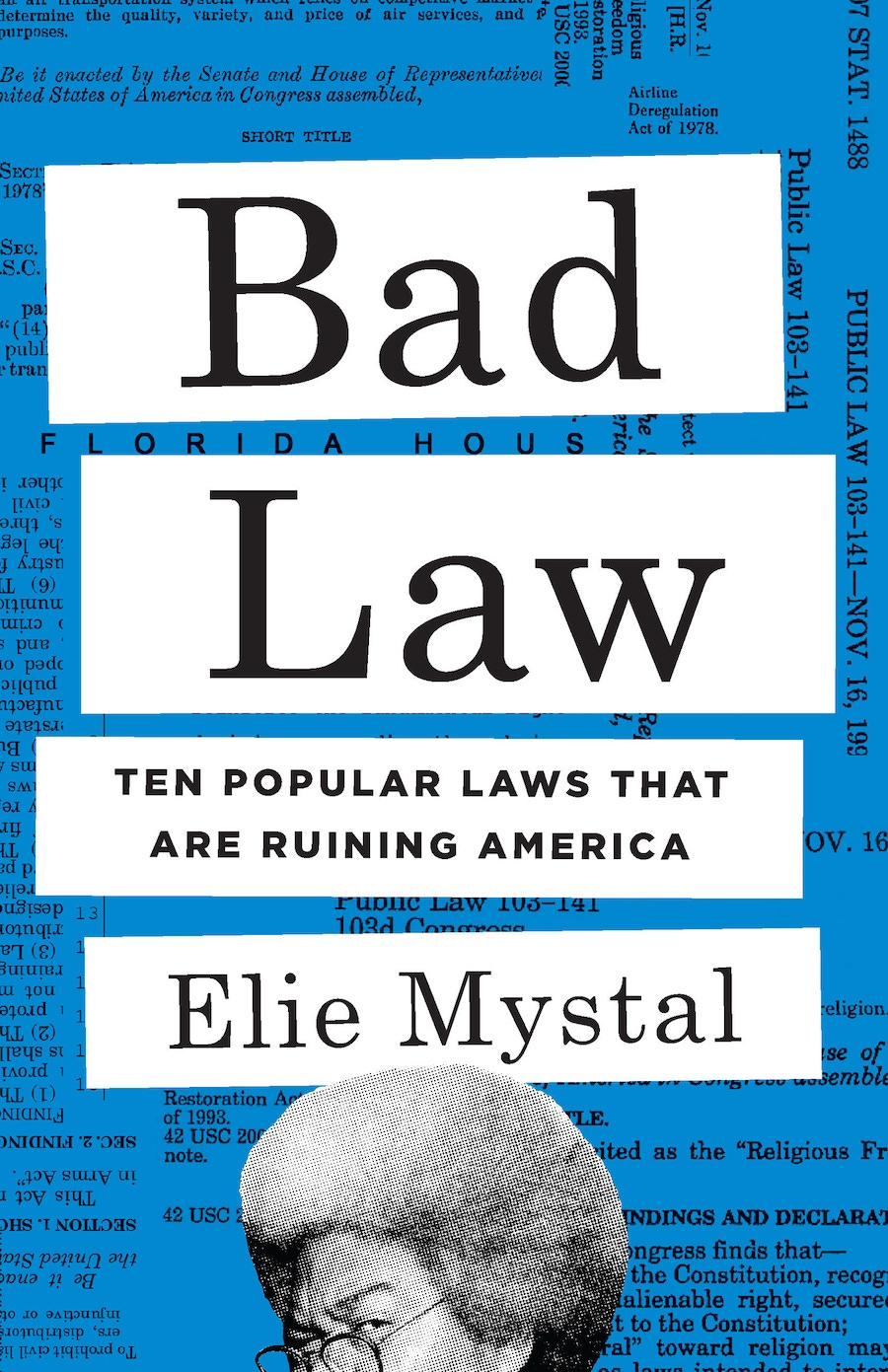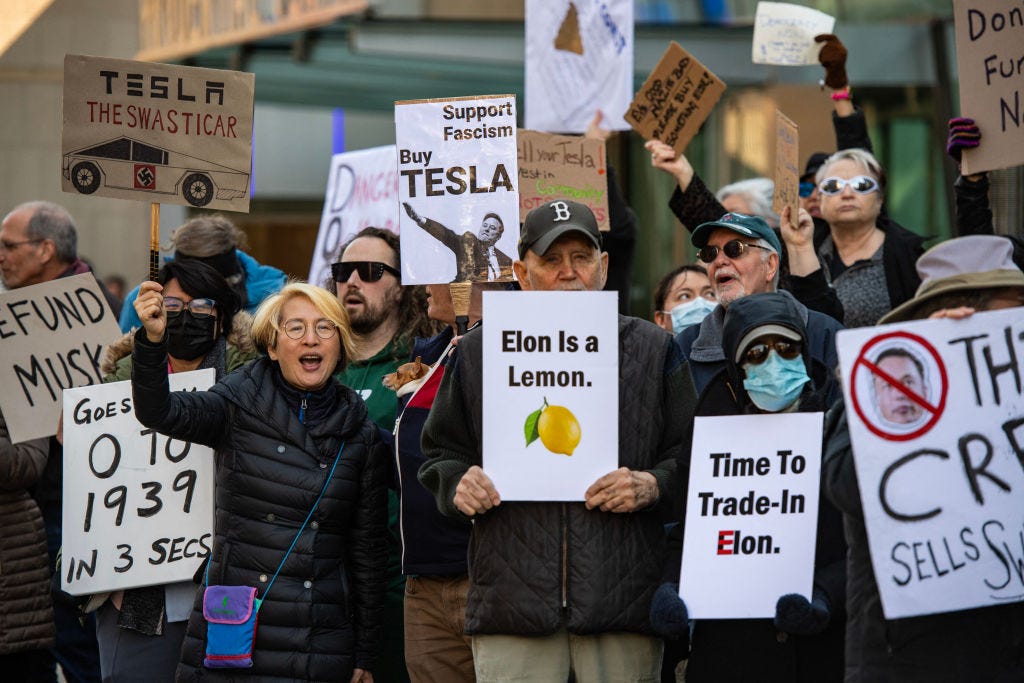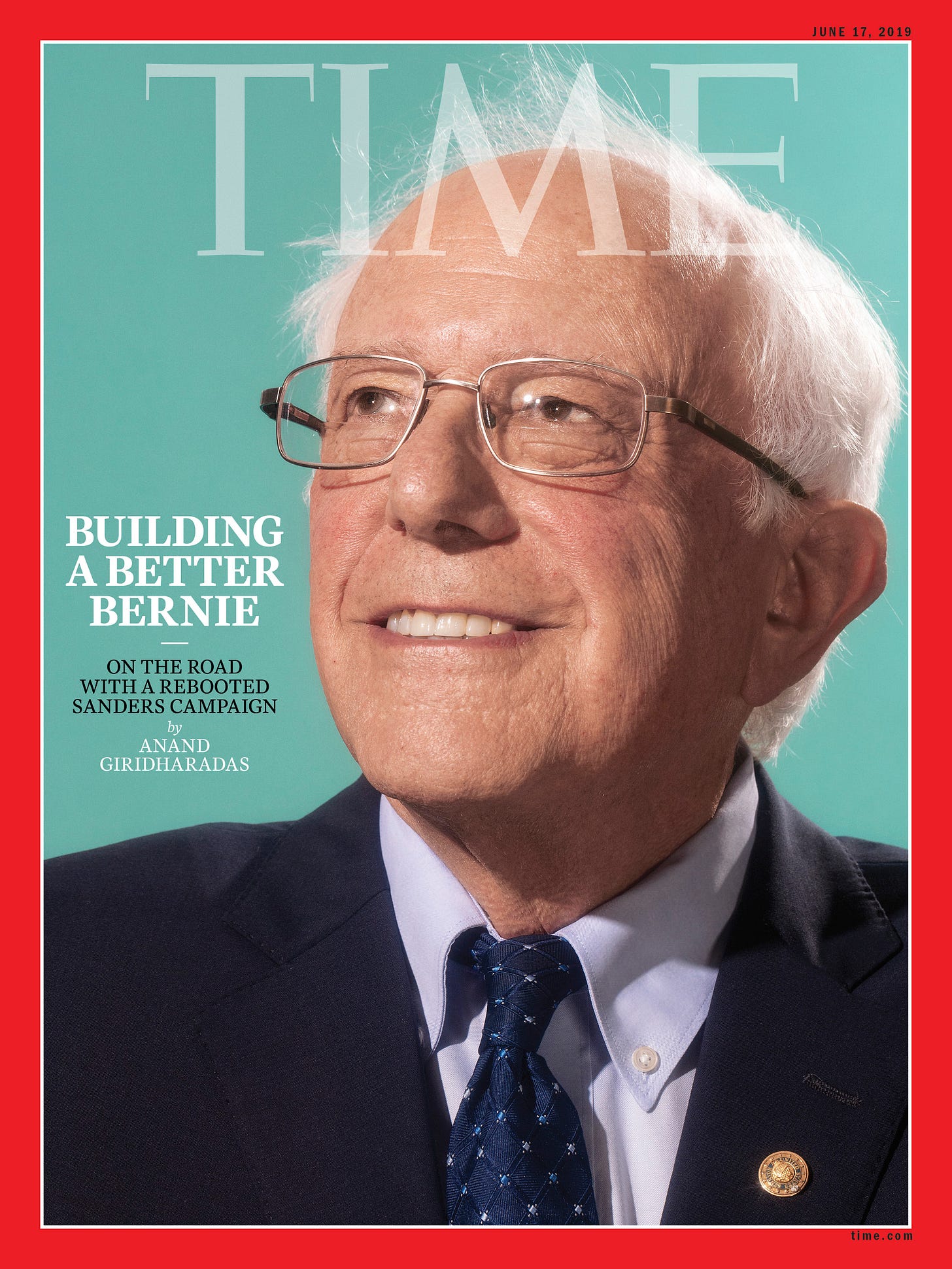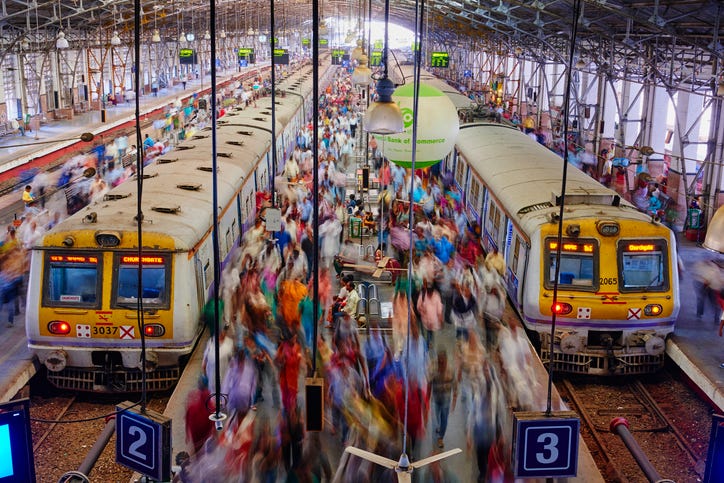I realized something. It was exactly twenty years ago this week that I became a writer. Which is weird, since I’m a very, very young man still. Incredibly young. The youngest.
Well.
Since everything is terrible right now, why not celebrate the little milestones? This one means a lot to me, because when I started, all I had ever dreamed of was to write for The New York Times. And then I got the job! I was all of 23, an Indian-American kid born in Ohio, returned to my parents’ homeland with vague dreams of being a writer.
And then, later, all I ever wanted was to be able to keep being a writer, when every force of the age seemed to agitate against it.
I’m still here. And part of why I can keep doing what I do, and with independence, is you. So thank you for being part of The Ink. And below is a little blast from my past: The job-interview article I wrote, which ran on my first day at work: March 1, 2005.
The story is also still up at The Times here.
India’s city of contrasts may really need 2 names
By Anand Giridharadas
TUESDAY, MARCH 1, 2005
Mumbai — and Bombay.
This megalopolis on the Arabian Sea is India’s epicenter of business and entertainment. It is a city of mind-bending extremes, where $8 martinis coexist with eight million slum dwellers. It is the city of Asia’s oldest bourse, the world’s most prolific film industry and some of the priciest flats on Earth.
It is also a city hopelessly two-named.
On May 1 it will be 10 years since India’s wealthiest state, Maharashtra, sought to purge a colonial legacy by rebranding its flagship city Mumbai. Bombay was a British approximation of “Bom Bahia,” Portuguese for beautiful bay. Its Indian alias derives from Mumbadevi, a Hindu goddess said to watch over the fisherfolk who first inhabited the region’s seven swampy islands.
Ten years later, has the name stuck?
Depends.
To some, Mumbai is a fait accompli. “Nothing will come in the way of the new name,” said Yashwant Sinha, the former foreign minister in the Hindu-nationalist coalition that governed India until last May.
But a taxi driver from Sinha’s home state, Jharkhand, had another view of the change: He hadn’t heard of it. “Whether there’s been a change or not been a change ? I don’t know,” said the man, who settled in the city in 1993. “We people have said Bombay from the start, and we’ll keep saying Bombay.”
The receding of colonial empires and the fall of Soviet communism have sprinkled new names across the world map. Some (St. Petersburg) work better than others (Myanmar). But Mumbai is particularly vexing. If the outside world still wonders what to call it, it is because the city itself has no answer.
From dozens of interviews, it was impossible — startlingly so — to judge whether Mumbai has succeeded or failed. It has, in fact, done both with panache. It is rare to find Bombay on the lips of a bureaucrat or the address of a parcel. It is equally hard to catch a taxi driver or investment banker uttering Mumbai.
Bombayites and Mumbaikars have agreed to disagree. But this much is clear: If Mumbai was intended to repaint a many-hued city in the monochrome of postcolonial pride, it has instead shown Bombay to be richly polychromatic. Name chaos is testimony to the city’s unique, working-class cosmopolitanism: the live-and-let-live ethos of the crowded street.
Bombay and Mumbai have become indicators of the city’s diversity. Every vocation, ethnicity and neighborhood has its preferred usage. And so Bombay versus Mumbai is sociological litmus paper, revealing to which of two parallel cities you belong.
Bombay is the city of seekers. It is an island city, an oasis of profiteering and tolerance. It has long attracted outsiders — merchants and migrants, Christians and Muslims, Indians from all over.
They have brought big dreams, shared tight quarters and learned the mercantile ethic of toleration.
It is the city of shopkeepers and industrialists long established, and laborers and professionals recently arrived. Their Bombay is open-armed and rootless.
“This city belongs to the entire nation,” said Amit Badaskar, a Maharashtrian taxi driver.
Mumbai is the city of the rooted. Once home to the fisherfolk from whom Maharashtrians descend, its openness increasingly corrodes tradition and sidelines locals from economic power.
It is the city of working-class Maharashtrians, and of the political establishment they elect. Their Mumbai is proud and rooted.
Though the membrane between these cities is permeable, there are plainly two realms, of Bombayites and Mumbaikars, where, all else being equal, one name slips out more readily than the other.
Yet Bombay’s magic lies in line-crossing, in taking pains to use a name suitable to someone else. A city of 17 million people sharing a slender, reclaimed island is a city acquainted with adjustment. To live in Bombay is perpetually to adjust — in its trains, lanes and cramped flats.
Mumbai connotes seriousness and respectability, Bombay frivolity and glamour. Thus the Times of India, a national broadsheet, writes Mumbai on front-page datelines, while branding its biblically read entertainment insert Bombay Times.
Mumbai connotes public purpose, Bombay private gain. In government meetings, senior mandarins censure Bombay slips of tongue. But the Bombay Chamber of Commerce and Industry refuses to go by Mumbai and will refrain for another generation, its president, Ashwini Kakkar, said.
Mumbai is what you write, Bombay what you say. The region’s postmaster general, Atul Srivastava, said 97 percent of intracity mail uses Mumbai. “When you fill up forms and stuff like that, then you go with Mumbai,” said Malini, a middle-aged woman scanning titles at a tony south Bombay bookshop. “But when you’re talking to someone, it’s definitely Bombay.”
Mumbai is the language of street signs, Bombay of street talk. Upper-crust children learn Mumbai at school, Bombay at home. The Taj Mahal hotel brands itself under Mumbai, but its signature Indian repast is the Bombay Tiffin.
The city is like a bride with a new surname, writing Mumbai on formalities but letting the breathy alliterativeness of Bombay slip out in speech. A business executive might convene a meeting in Mumbai, but she will summon a lover only to Bombay.
If the city is bound in a peculiar knot, it is because its renaming was always unlike the others.
To start, the change was not purely a rebuke to colonialism. It came a half-century after Britain left, in 1995, when the Hindu-nationalist Shiv Sena party rode a wave of antimigrant feeling to capture the state legislature. The party quickly made official the city’s local Marathi-language name, Mumbai.
“It was a political act, to suggest it is a Maharashtrian city and should have a Maharashtrian name,” said Mariam Dossal, a historian at Bombay University.
The politicized atmosphere cost Mumbai broad-based support. Unlike Beijing, renamed by central fiat, Mumbai was the project of a lone state, and even there many deplored it.
Some have even questioned Mumbai’s being the original name. When the British took them over in 1668, the seven islands housed scattered hamlets of fisherfolk, toddy brewers, salt-pan workers and rice growers. Even if Mumbai was then in usage, Dossal argued, it never connoted all seven islands.
Air tickets say Mumbai, but luggage tags read BOM. Foreign ministries say Mumbai, but on Amazon.com the vast majority of book titles referencing the city use Bombay. Srivastava, the postmaster, said 60 percent of mail from overseas says Bombay.
But if the world is perplexed, the city’s own embrace two-namedness.
“When I write, I write both,” said Sujata Patel, a sociologist. “By saying one or the other, you are creating these compartments — that one represents the indigenous and the other represents the foreign.
“Actually, everyone uses both names in the streets of Bombay,” she said.
“So why should we be different?”
Leave a comment
Share
This post was originally published on The.Ink.












